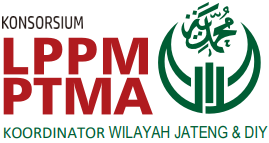The Improvement of Graduate Work Readiness Through Learning Agility E-Training
DOI:
https://doi.org/10.53017/ujmr.209Keywords:
E-Training, Learning Agility, Work Readiness, Quasi-ExperimentAbstract
This research use the quasi-experimental study with a pretest-posttest control group to improve graduate work readiness through learning agility training. This study used the Independent sample t-test to determine the average comparison of different groups and also the Paired sample t-test to find the differences in the two groups. This research aims to examine the graduate work readiness can be improved through learning agility e-training. There are 32 subjects divided into two equal parts for both the control and experimental groups with the criteria including graduates seeking employment, those have never worked before, and have moderate and low readiness scores. However, the e-training on learning agility were only provided for the experimental group and not to the control group. The results of the sample t-test in the post-test experimental group showed that there was a significant difference between the pretest and post-test with a value of t = -7.206; df = 15; and the significance of 0.000 (p <0.05). The results using independent samples t-test indicate that work readiness tends to be improved through learning agility training.
Downloads
Downloads
Published
Issue
Section
License
Copyright (c) 2022 Laili Qomariyah, Aning Az Zahra, Lintang Muliawanti

This work is licensed under a Creative Commons Attribution 4.0 International License.





